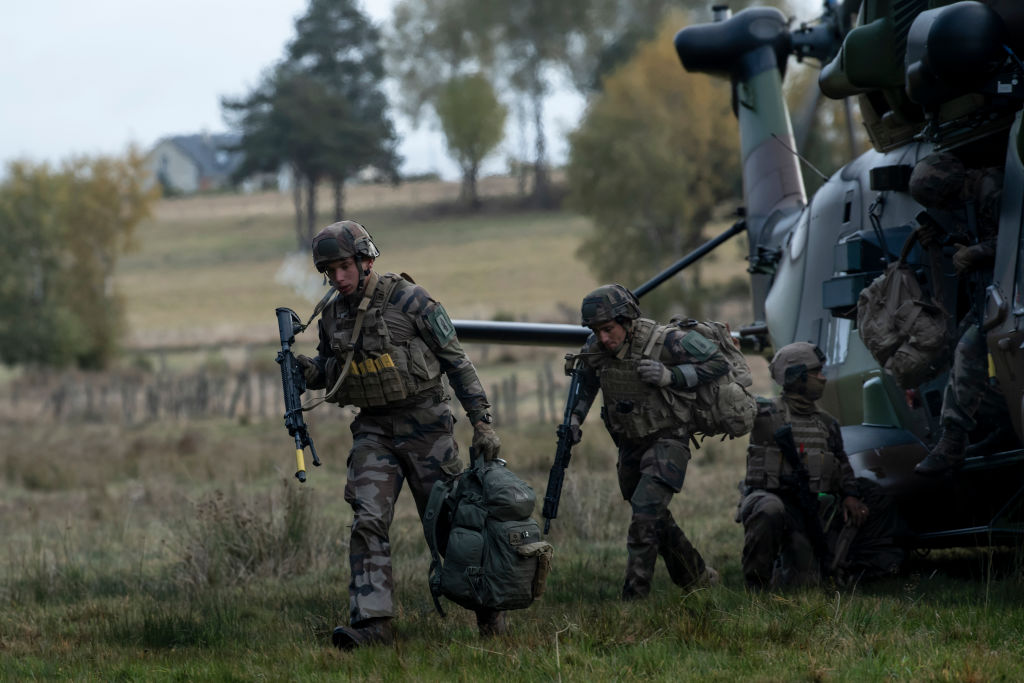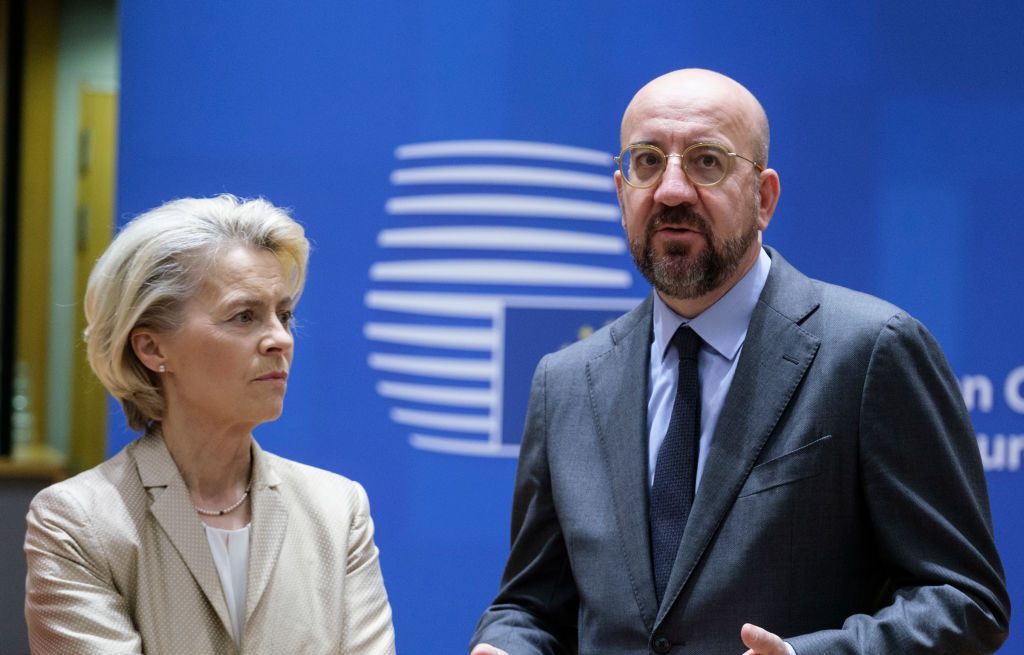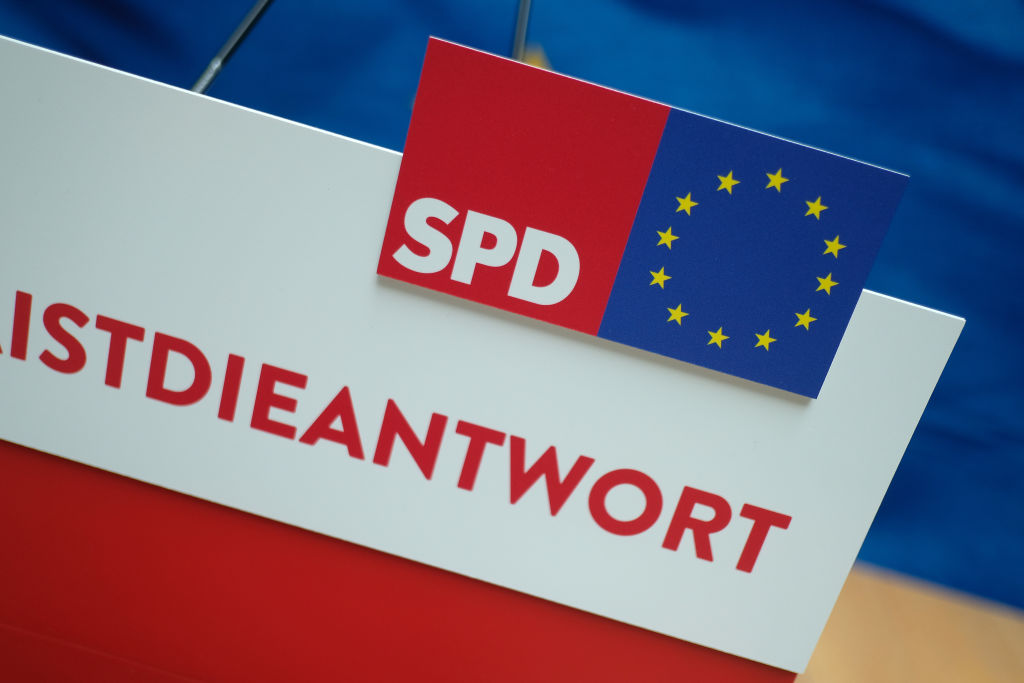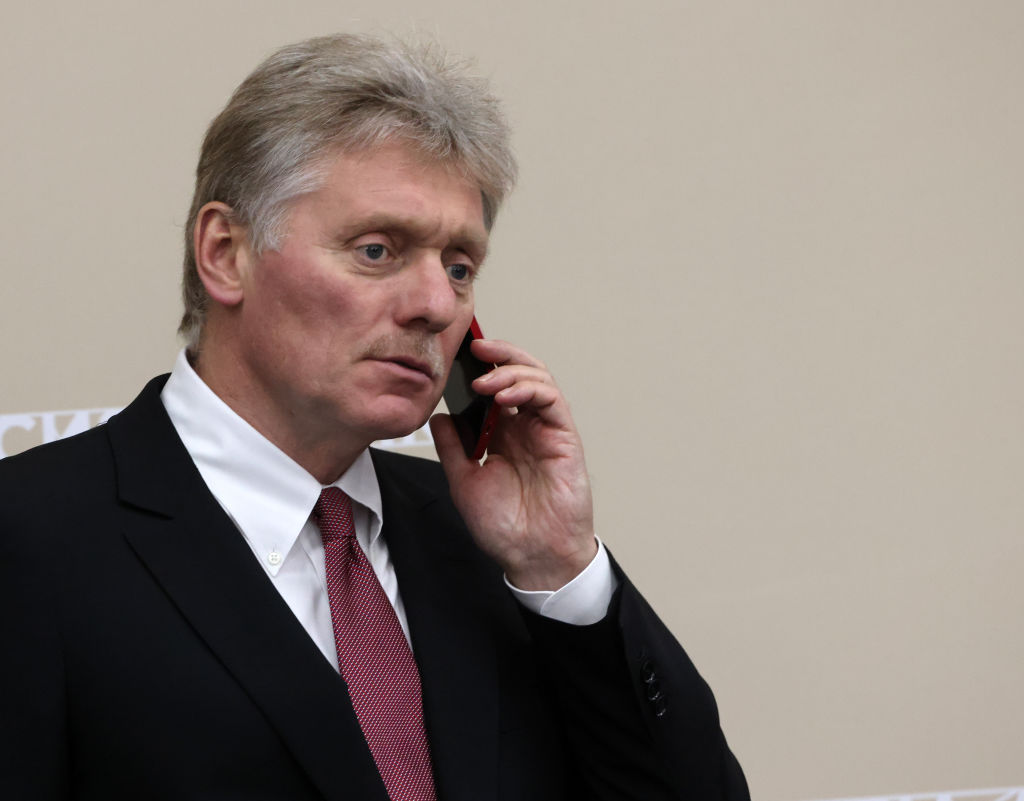Sanctions targeting Russia are “barely affecting” the country’s ability to wage war in Ukraine, according to research funded by the German Government.
An investigation led by The Vienna Institute for International Economic Studies (WIIW) on behalf of the Federal Ministry for Economic Affairs and Climate Action discovered that, while the current raft of sanctions could cause long-term damage to Moscow, it was doing little to hamper the country in the short-term.
“Russia’s economy is currently growing strongly thanks to the defence boom,” WIIW’s Russia expert Vasily Astrov remarked.
Astrov added that the sanctions could, at best, be thought of as a “slow working poison” that may have an impact “in the long term”, although the researchers concluded the deterrents were currently “barely affecting” Russia.
The conclusion came amid the launch of a new monitoring database for the Russian economy by the WIIW, alongside Germany’s IFO Institute, the Kiel Institute for the World Economy and the Austrian Institute of Economic Research.
“With our sanctions monitor, we are trying to paint as realistic a picture as possible of the consequences of the sanctions and to analyse the development of the Russian economy as precisely as possible,” Astrov said of the project.
Moscow has claimed its economy grew by 3.6 per cent in 2023, more than any developed Western economy.
According to the International Monetary Fund, the country could see similar growth through 2024, although its predictions for Russia have fluctuated greatly over the past 12 months.
Russia bans distribution of dozens of EU news outlets in retaliatory step. https://t.co/YUC8eqSasg
— Brussels Signal (@brusselssignal) June 25, 2024





